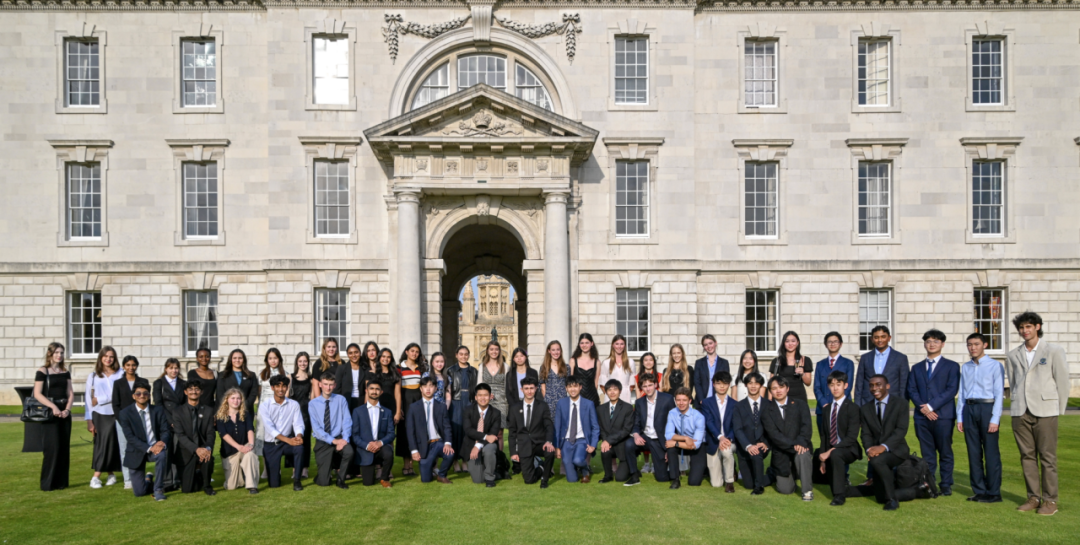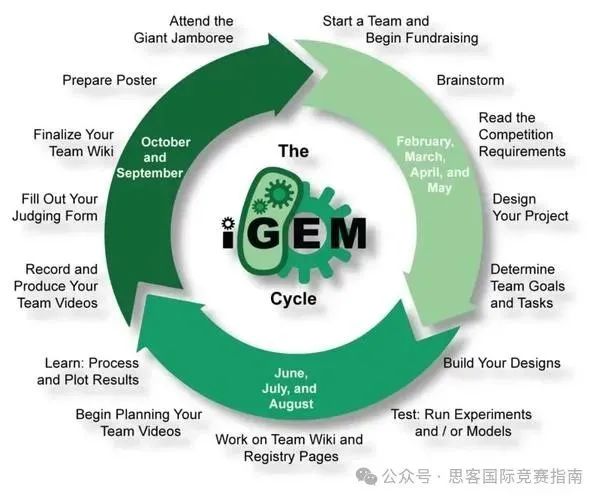因为1月是国内春节假球,考试很少。
但是海外托福依然在继续。
全球其实是一个题库,
这些题目都有可能在国内再考到。
老师在网上搜集了1月海外考场题目,
分享给大家!
1.5日海外·下午场
教授:This week we will continue to look at tools that marketers commonly use—particularly tracking. Marketers now have the ability to study and analyze consumers' online viewing habits and purchases. They then use that information to promote related products to consumers through targeted advertising. Some people find this helpful, while others dislike this practice. I'd like to know your opinion. Is it a good practice to have consumers' online product views and purchases tracked by marketers? Why or why not?
Robin:I think tracking consumers' online product views and purchases ishelpful. lt allows marketers to provide ads that are tailored to thespecific interests ofeach consumer, and even help them discoverproducts they might not have found otherwise. This kind of advertisingis a win-win because consumers find relevant products, and businessesreach their target audience more effectively.
Sasa:I disagree with the idea oftracking consumers' online habits. lt invadespeople's privacy. Just becausel searched for a specific product doesn'tmeanlwant my actions to be monitored and stored. lt can make theInternet feel like an endless loop of targeted ads. Marketers should findless invasive ways to promote their products rather than trackingeverything we do online.
1.18日海外场

这道题网上有不同的版本,有些版本的题目是:would the convenience of super stores outweigh the personal touch of small stores.如果有当场考试的同学,欢迎在下方留言指正。
1.22日海外场
Dr. Gupta:
This week, we'll begin discussing the integration of personalfinance classes into the secondary school curriculum. Certaineducators and policymakers have been advocating for settingaside time during the school day to teach high school studentshow to manage money and be financially responsible. Do youagree that it is important for students to learn moneymanagement skills in school? Why or why not?
Kelly:
In my opinion, this is a much-needed addition to the curriculumSo many adults have to learn about financial matters informallyand have few people with whom they can discuss basicquestions.Creating a space where students can direct theirmoney-related questions to a trained teacher will create morefinancially savvy adults.
Andrew:
l respectfully disagree with Kelly. l don't think it should be theresponsibility ofschools to teach personal finance. This is thetype of life skill that can best be learned at home.l feel parentsare best suited to pass on financial wisdom to their children.
1.25日海外·上午
Dr. Gupta:
This week, we'll examine issues in education reform. For examplesome educators think that by focusing mainly on foundationalknowledge in subjects like reading, math, and science, schools arenot fully preparing students for success in the workplace. Theseeducators argue that soft skills- nonacademic skills such as beingempathetic or having a strong work ethic- should be part of thecurriculum, with classroom time dedicated to developing theseskills. Do you agree? Why or why not?
Claire:
I agree. While students need a strong foundation in academicsubjects, soft skills are important because they affect how wellstudents do their work.lfclassroom time is set aside for theseskills, students will take them seriously and their academic workwill benefit. Teachers could design lessons so that students learnabout a skill and then do role-playing activities with classmates.
Andrew:
Soft skills are important, butl don't agree with using classroomtime to work on them.I'm not sure how teachers would measurestudents' progress in developing these skills. lfstudents' progresscan't be measured on something being taught. I'm not sure ifthere's any point to teaching it.
1.25日海外·下午
Dr. Gupta:This week,we are discussing the social psychology ofsports.Wehave learned that sports often have positive psychological effectson athletes, such as the members of sports teams. But how can wedescribe their effects on other groups of people, such as sportsenthusiasts or sports fans? Consider the following question: Whenpeople spend a lot of time watching sports or following theirfavorite team, does it have a negative effect on their lives? Why orwhy not.
Claire:I agree that focusing on sports too much can have negativeimpacts. For example, some people who like watching sports ontelevision have few otherinterests.In fact, it seems like watchingsports is all they're interested in.lsometimes find such peopleannoying because they care too much about things that don'tmatter.Paul:I am not sure what we mean by spending "a lot of time" followingsports. But following sports has helped me in life. When l first metone of my best friends, Daphne,lstarted a conversation with her bysaying something about a sports team lliked. Then we moved toother topics, but sports were a great conservation-starter.














